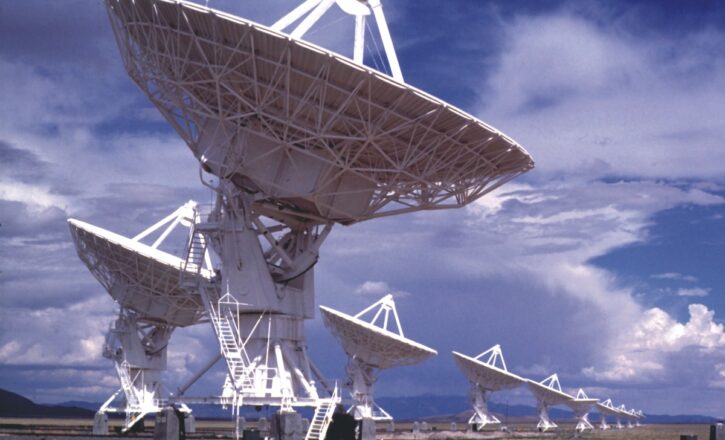
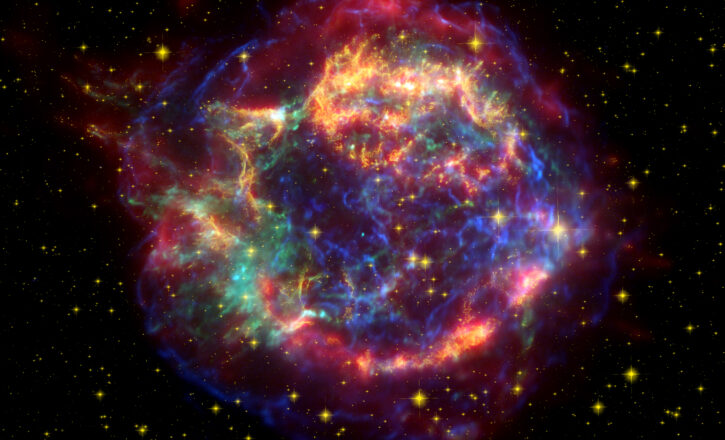
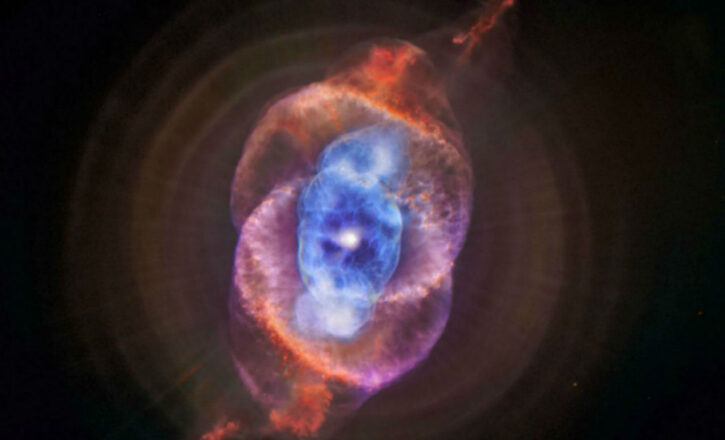
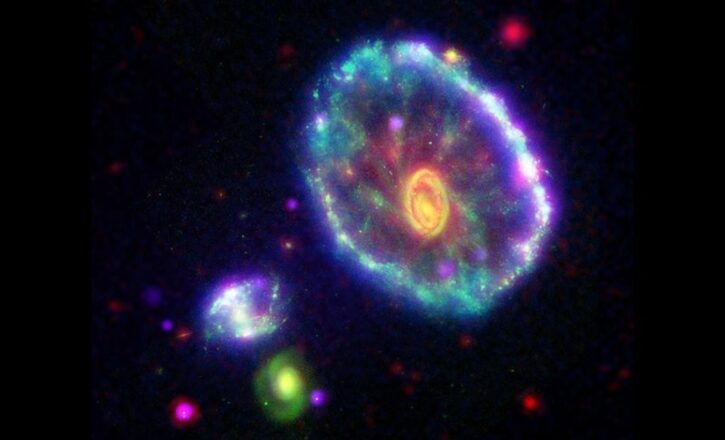
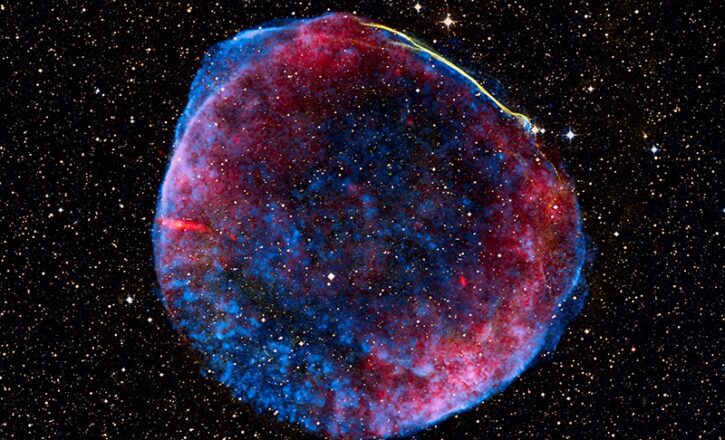
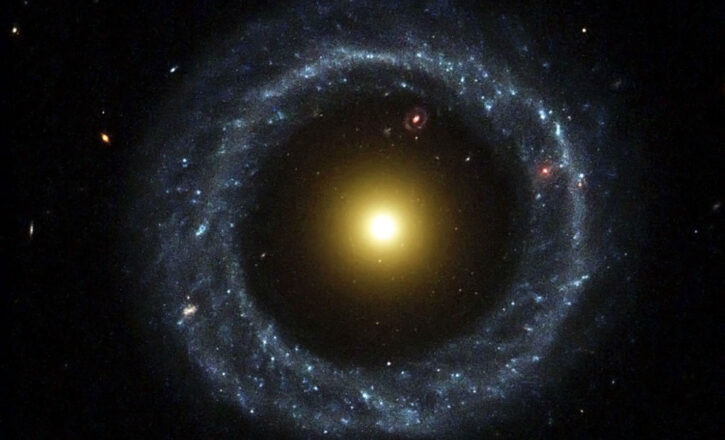
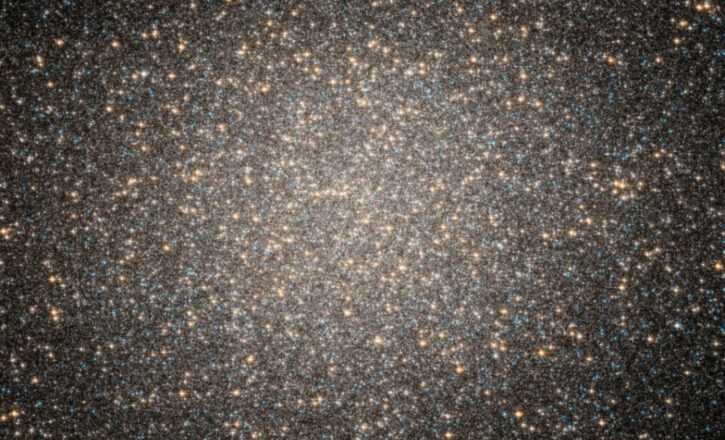
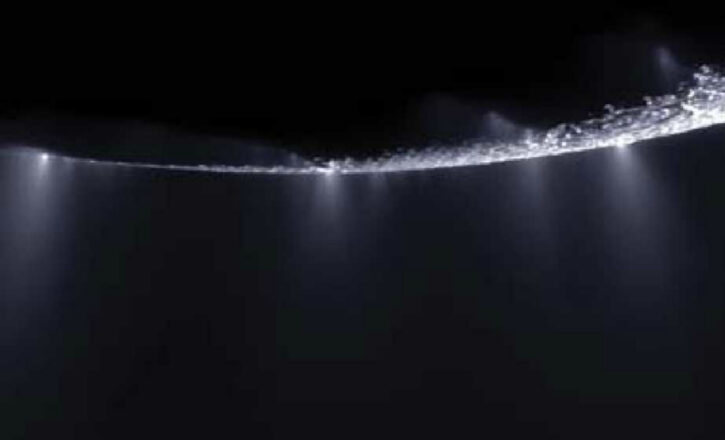
The Galactic Inquirer
Since 13.8 Gyr BCE
Welcome to The Galactic Inquirer — an e-journal for those interested in galactic and extragalactic astronomy, the search for life beyond Earth, and prospects for interstellar communications. This journal is co-edited by Michael Deneen and William H. Waller — galactic astronomers, educators and writers. The Galactic Inquirer invites original articles, commentaries, papers, and presentations on...
• Galactic and Extragalactic Astronomy
• Cosmochemistry and Astrobiology
• Interstellar Communications
Please contact us with your proposals.